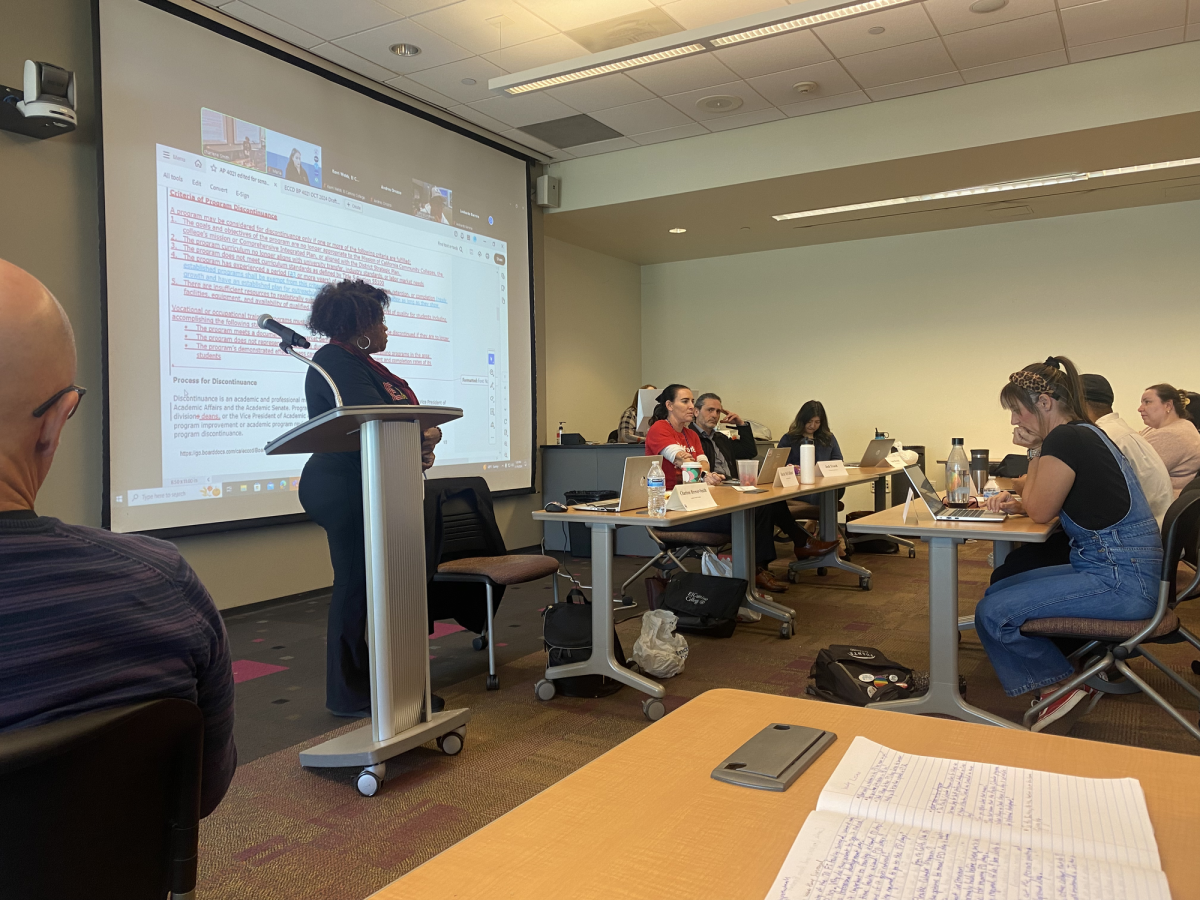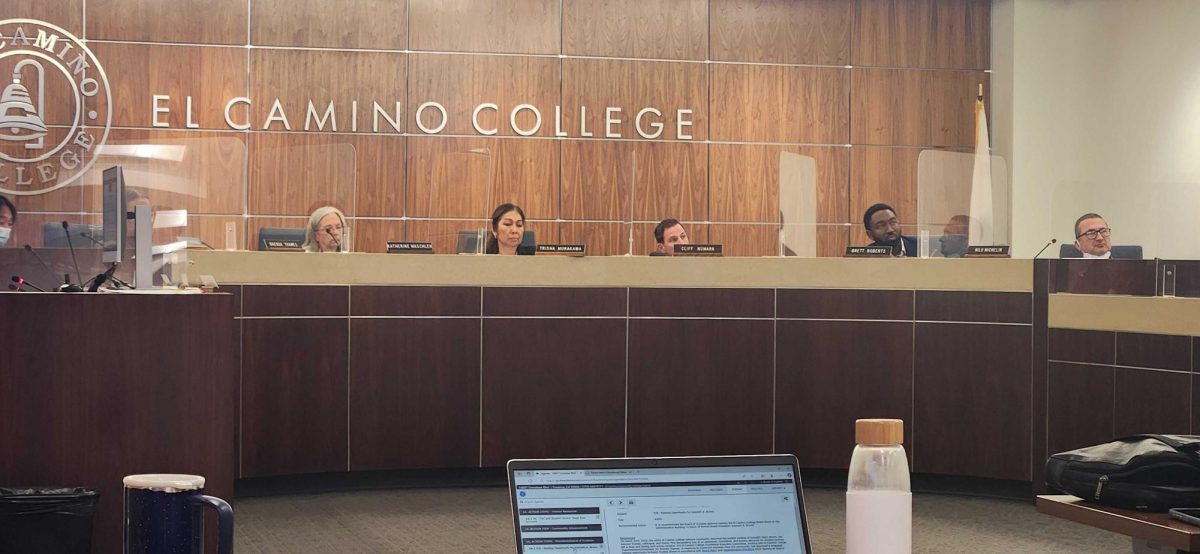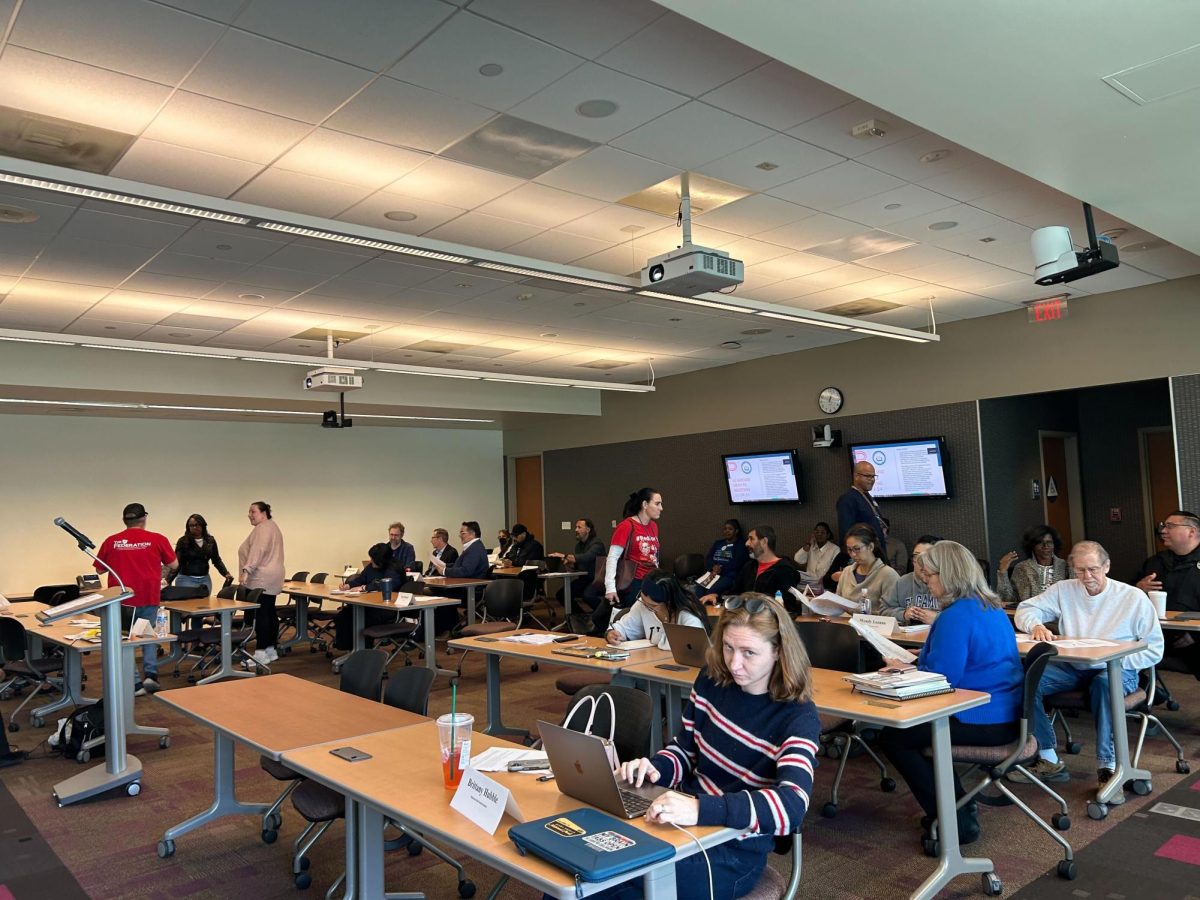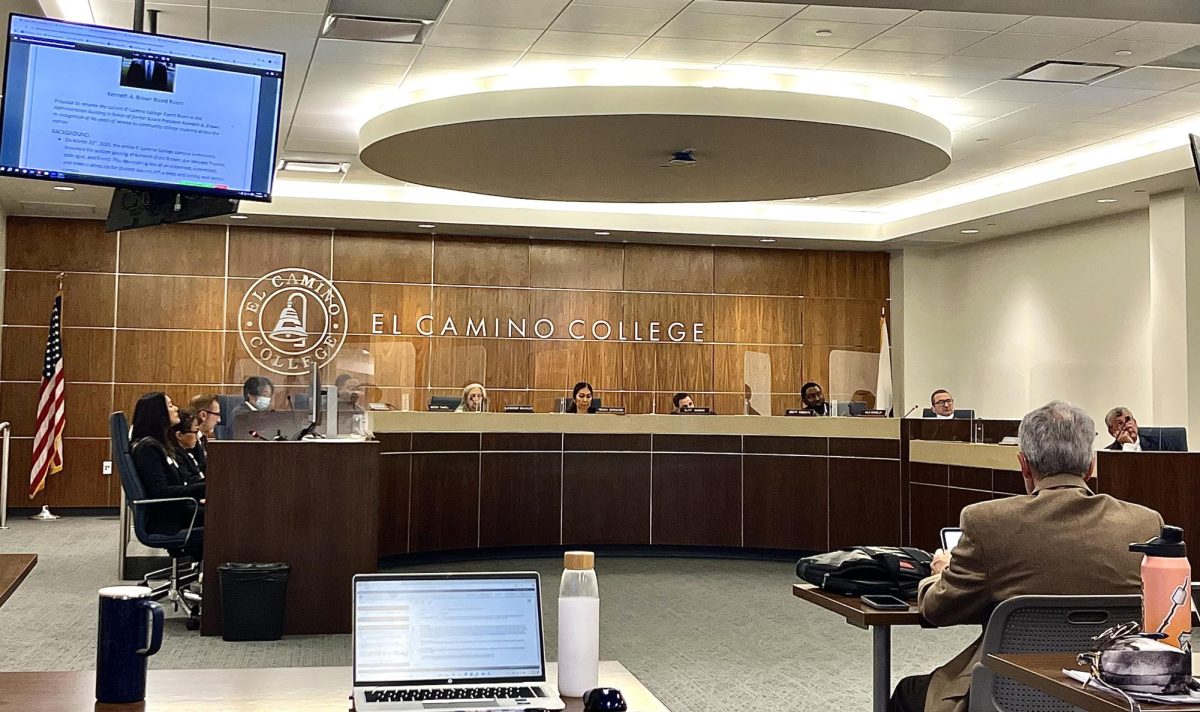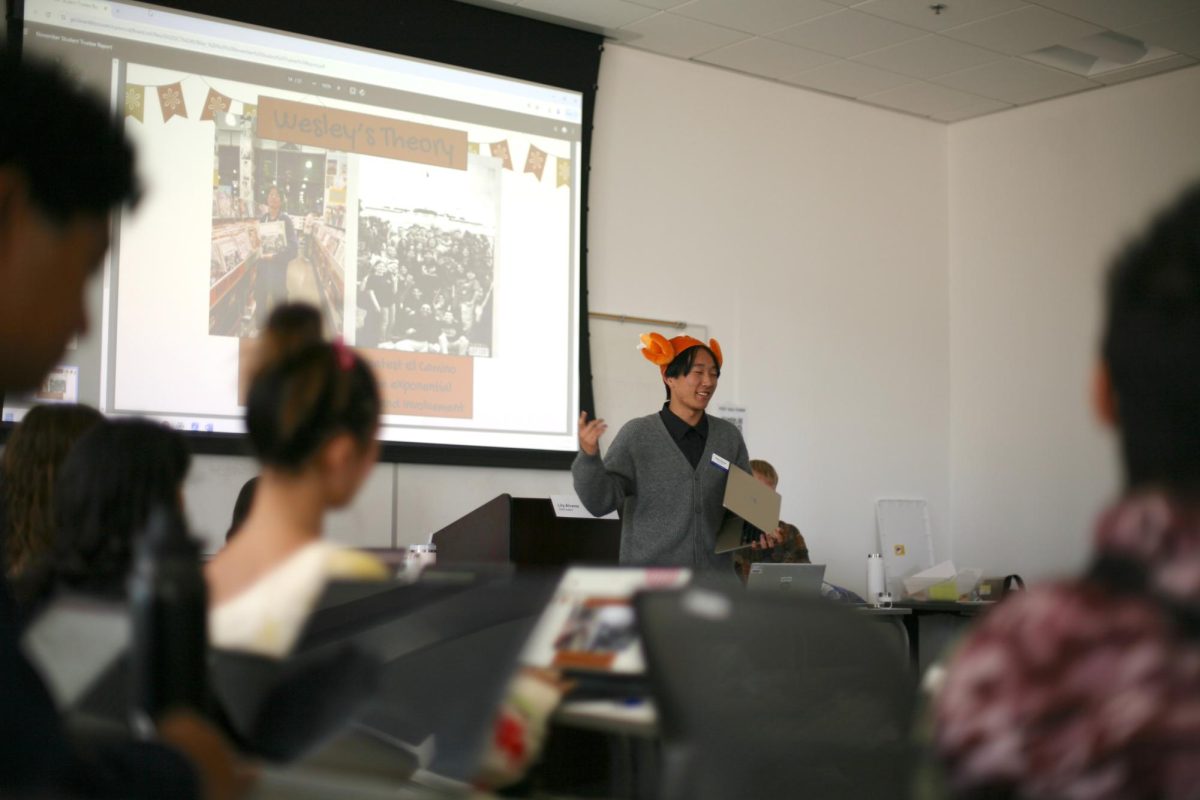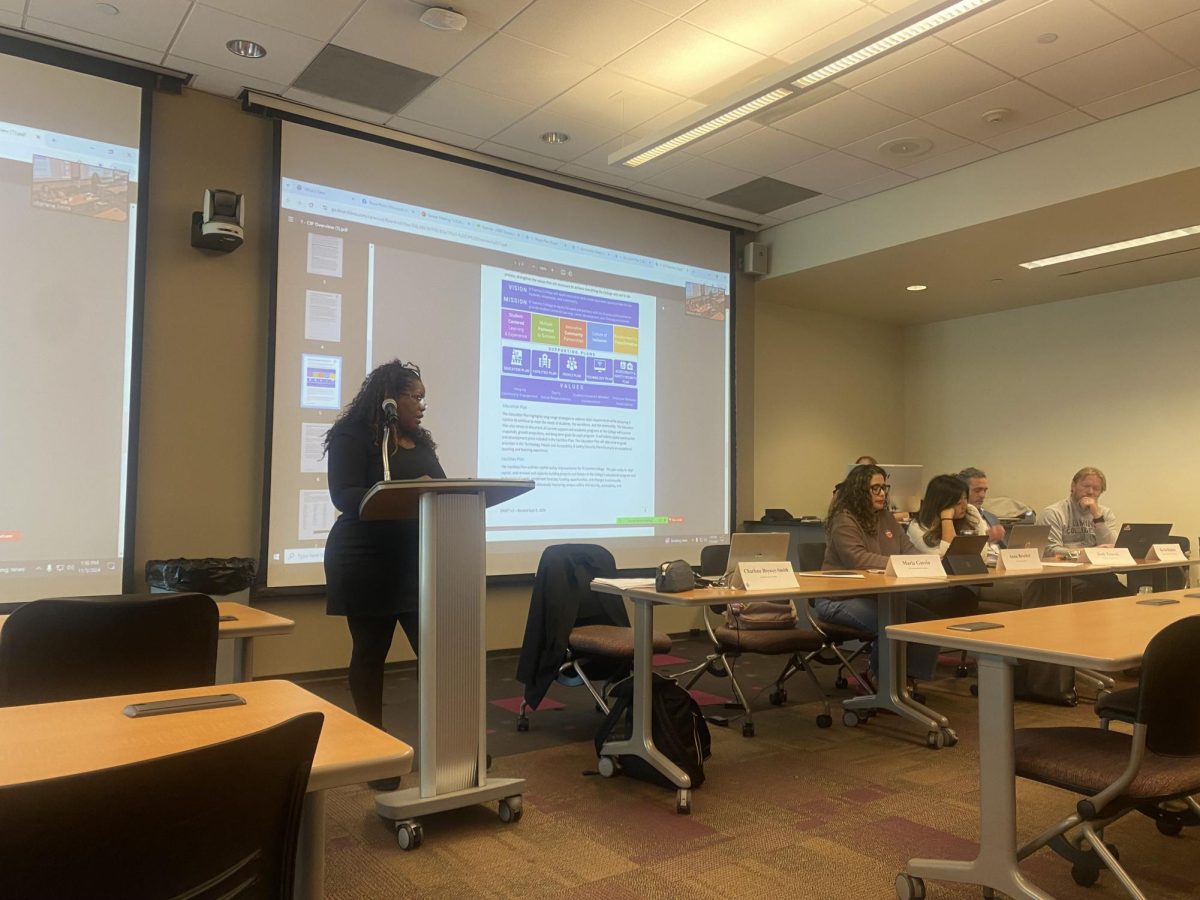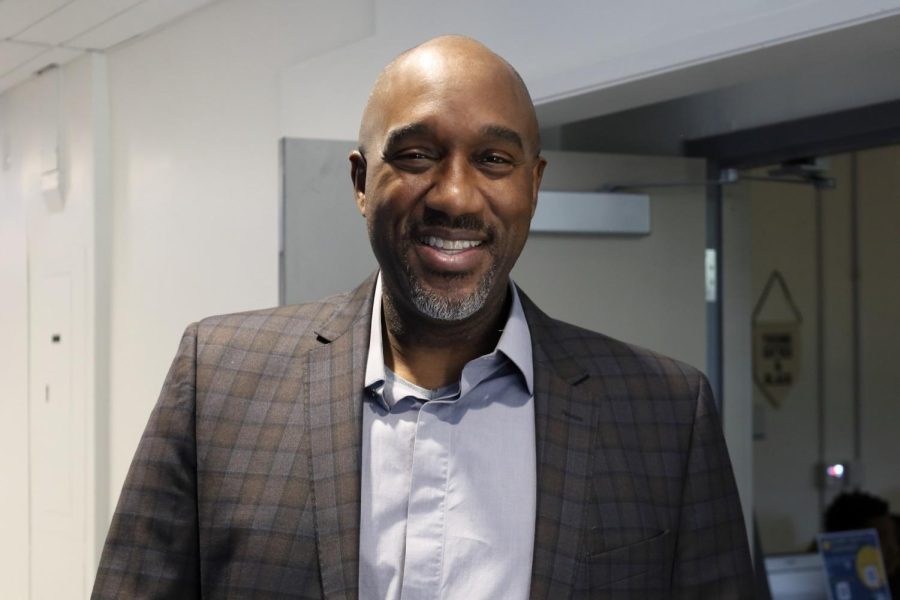With the rise in popularity of online commerce, it has become harder for brick and mortar storefronts to stay afloat in 2017—including the El Camino bookstore.
According to EC’s fiscal budget, the bookstore’s sales have decreased by approximately 20 percent, resulting in more than $1.4 million in lost revenue. Bookstore manager Julie Bourlier, believes this is due to students relying on online retailers such as Amazon and Chegg for their textbooks.
“The entire college bookstore industry has been affected by online retailers,” Bourlier said. “It’s very easy to lower the costs of textbooks when you don’t have to have a store with people available to help the customers and inventory. It’s very easy to cherry pick.”
Beenish Siddiqui, 19, business major, admits to searching online for inexpensive textbooks since both options are convenient.
“There is definitely a huge difference between the two. When the book orders for the semester open, I always try to get my books from Amazon. For the books I can’t find for a cheaper price, I turn to the El Camino bookstore. But Amazon is a great option for people, like me, who can’t afford books,” Siddiqui said.
Paula Knickrehm, 19, pre-nursing major, believes that nursing majors in particular have a difficult time affording textbooks.
“I think nursing is harder from a short term financial point because we have more material to cover in a shorter amount of time and we have clinics that we have to complete during that time too,” Knickrehm said.
According to Knickrehem, she spends close to $750 per semester on textbooks and believes that colleges could make it easier for students to afford them.
“The bookstore should buy a class set for each science class that way we can use them for free,” Knickrehm said. “If I can, I rent them from Amazon or the bookstore, whatever the cheapest option is.”
Faryha Salim, assistant professor of communication studies, believes that students should not be required to purchase new editions of textbooks.
“Textbooks are way overpriced nowadays,” Salim said. “As far as our field of communications is concerned, the difference between the first edition and the twenty-first edition as far as core content is concerned is absolutely nothing.”
Salim believes that online retailers such as Amazon or Chegg are helpful resources for students who want to save money on textbooks.
“As far as online retailers are affecting (the bookstore), yes, students find a cheaper alternative and will use that route,” they said. “I believe that our bookstore, in order to be competitive, needs to reach an agreement in which they can offer older versions of textbooks.”
EC is not the only community college that has been affected by the online commerce trend.
According to their respective fiscal budgets, Los Angeles Community College District, which includes nine schools in its district, saw an increase of nearly $4 million between the years of 2015 and 2017, while Orange Coast College in Costa Mesa, California saw a 10.5 percent drop in sales between 2010 and 2011.
Brittanye Bruland, 18, business major at Santa Monica College, believes that the decline in sales is due to students buying from Amazon.
“Everyone I know gets their books online,” Bruland said. “I usually get supplies like lab goggles and Scantrons at the bookstore but for books, I don’t even check the bookstore since I know that I’ll be able to find it cheaper online somewhere.”
Four-year universities have also felt the effects of online retailers. Bourlier recalls that Amazon has put mailbox lockers on campuses for their textbook deliveries.
“University bookstores are really greedy,” Katrina Rili, 19, business and entrepreneurship major at University of San Francisco said. “I don’t feel bad buying books from Amazon because colleges already have all of our money from tuition. I just find whatever is cheaper, which is usually online.”
EC’s bookstore has implemented a rental program for textbooks in order to drive the prices down for students, according to Bourlier.
“We have a very robust rental program to try and reduce the cost of textbooks and students have to return them at the end of the semester,” Bourlier said. “Chegg was one of the first rental companies to get into the business of renting textbooks and then Barnes and Noble and Amazon followed in the rental process.”
Students have responded strongly to rental programs.
“I like to rent my textbooks a lot because it’s so much cheaper and I rarely need to read the textbook when the class is over,” Siddiqui said.
According to Bourlier, EC has other plans in the future to bridge the gap between retailers and students through digital delivery, which gives students a temporary access code for the digital textbook on the first day of classes.
“You would have your digital textbook available to you on the first day of classes and it would be a matter of opting out two week into the semester and you would get charged for the textbook,” Bourlier said.
Bourlier believes that the EC bookstore brings a customer service component that online retailers do not.
“We’re here. We provide information. We stand behind what we sell and we’re here to help the students,” Bourlier said.





